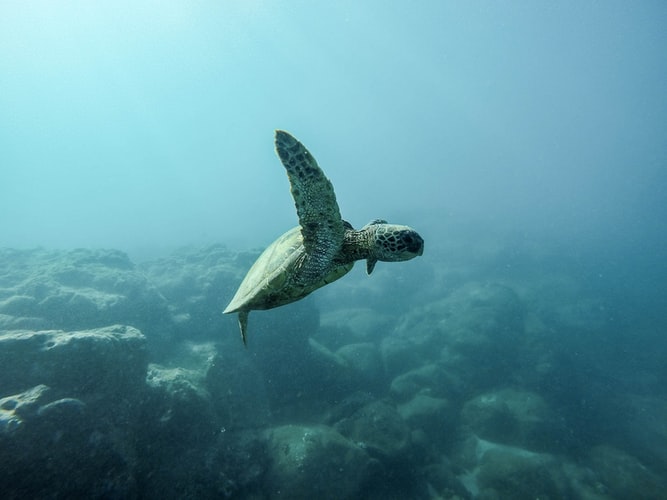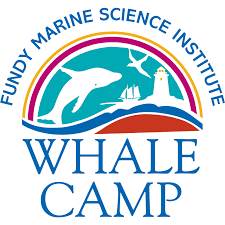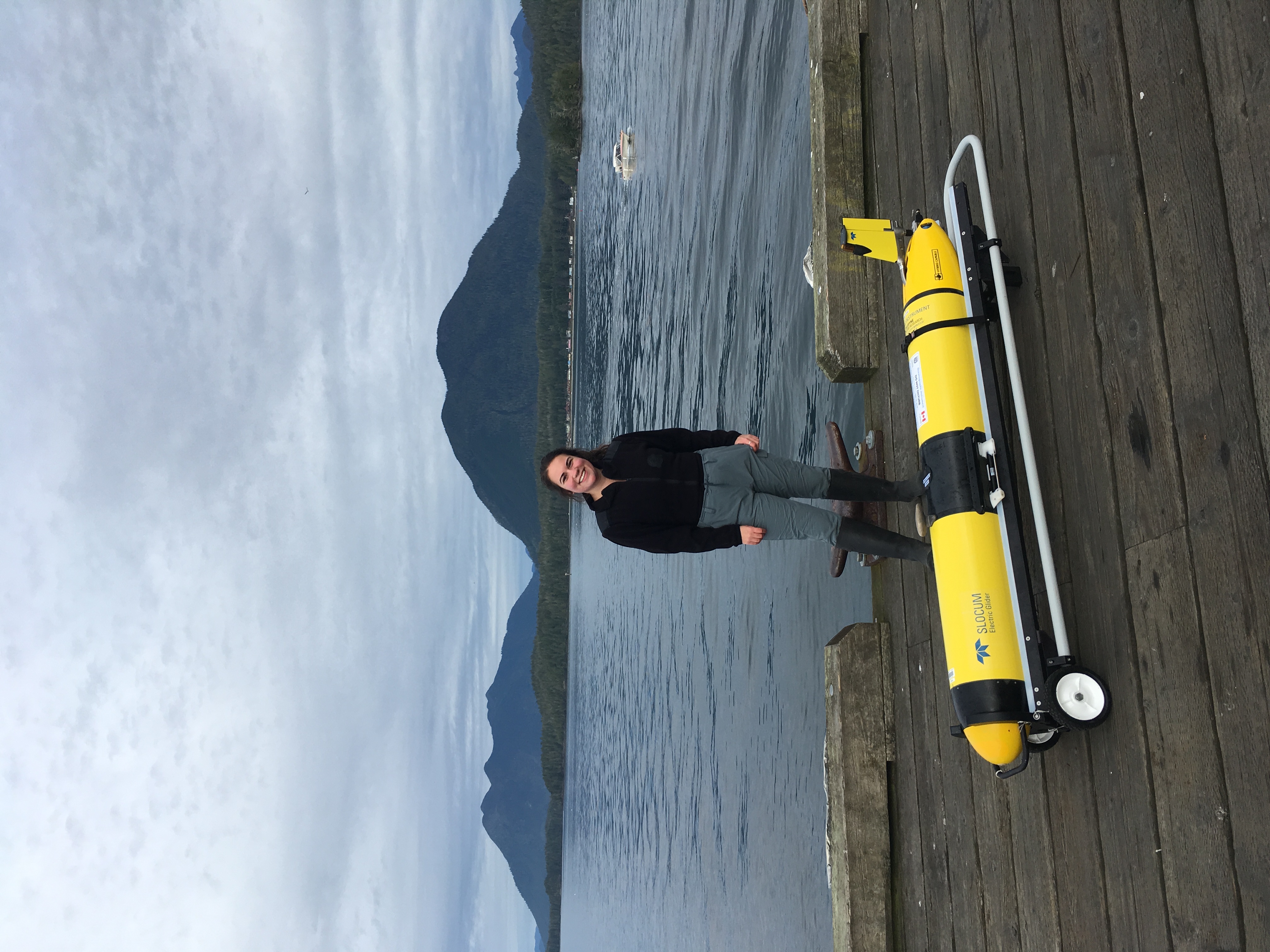Cailin Burmaster - Marine Technician
Cailin Burmaster - Marine Technician
Author: Cynthia Li
What is your job description and what does a typical day look like?
I work as a Marine Technician for the University of Victoria, working with ocean gliders. We work in collaboration with the government, UBC and other organizations. Ocean gliders are autonomous underwater vehicles (AUVs) that are deployed from the shore to collect data on different ocean conditions. They can go 1500km offshore and back. The process usually takes a few months so during that time my job will vary. Some days I will be working indoors, collecting oceanography data and fixing technical issues. Those days would involve more sitting and doing work on a computer. Other days are focused on hands on work with the gliders where I may be on the boat, travelling to various locations, checking for problems, and seeing if the gliders are functioning properly. Those are definitely my favourite days!
Where did you go to school and what did you major in?
I took all the sciences in high school- biology, chemistry, physics...but math was also very important! Math can be applied to a lot of careers that you might not realize.
When I applied to university, I knew that I wanted to study marine biology and so I ended up going to Dalhousie University in Halifax. In university I got interested in the chemistry and physics of the ocean and always felt like I was missing part of that. That was how I got interested in ocean technology. I ended up doing a duel degree in marine biology and oceanography.
What kind of jobs did you have before this one?
Science education, outdoor education…I love connecting people with nature. For a while I worked at “Whale camp” as an environmental science instructor. It was a really great experience and I am still involved with them. I also worked at the aquarium in Sidney, BC for a while.

What kind of volunteer/extra curricular activities do you recommend to students looking to go into this field?
There is a lot that you can do in your own community, especially in the current situation. In high school I participated in clubs such as Student Council and Me to We, which gave me good leadership experience. In university, I was in the undergrad societies for marine biology and oceanography and helped fund a marine technology society. I also did a volunteer trip down in Costa Rica where I was working in sea turtle conservation. We did patrol trips on the beach to look for nesting turtles to take back to the hatchery. My advice is to volunteer with whatever interests you and pursue what you are passionate about. Even if that particular activity isn’t your end goal, it will help you get there.
What is the best part of your job? Are there any parts that you don’t like?
I love being involved in something that fills a need in ocean research. There is a gap in ocean data in the winter because ships can’t get out. Gliders can handle storms and can also gather data at high resolution. They are not meant to replace ships but they definitely help a lot in data collection. I think my favourite part is going out on boats, where we put the glider on the water and run tests. I prefer to work as part of a team but there are some days where I am working independently on the robot or spending the day on a computer. When considering a career, it is important to think about the working environment too.

Are you working on/studying any unique projects currently?
Right now, I am still working with Whale camp. We are working on having some online courses while everyone is at home to keep kids involved with scientific education. I am hoping to be able to teach an online course with them!
What is your favourite ocean organism (or project) and why?
I love sea turtles because I think they are a great symbol for ocean education and getting people passionate and involved. During the time I volunteered in Costa Rica I was able to see a lot of sea turtles hatch, which was a very memorable experience. It was also just as amazing to witness the faces of people seeing the baby turtles for the first time. It was very impactful. I also love a fossil-like fish called a Grunt Sculpin!
In your opinion, what is the biggest problem facing the ocean? And how can we take action towards solving it?
There are many issues, but I tried to narrow it down to three major ones: climate change, over-fishing, and over-consumption of plastic. Most importantly, all actions have to come from a place of understanding and caring. Learn as much as you can. Learn about the issues and pick one that makes you feel something. If it invokes an emotion in you, whether that is frustration or motivation, that is a good sign. KEEP LEARNING! Don’t lose hope, and persevere.

